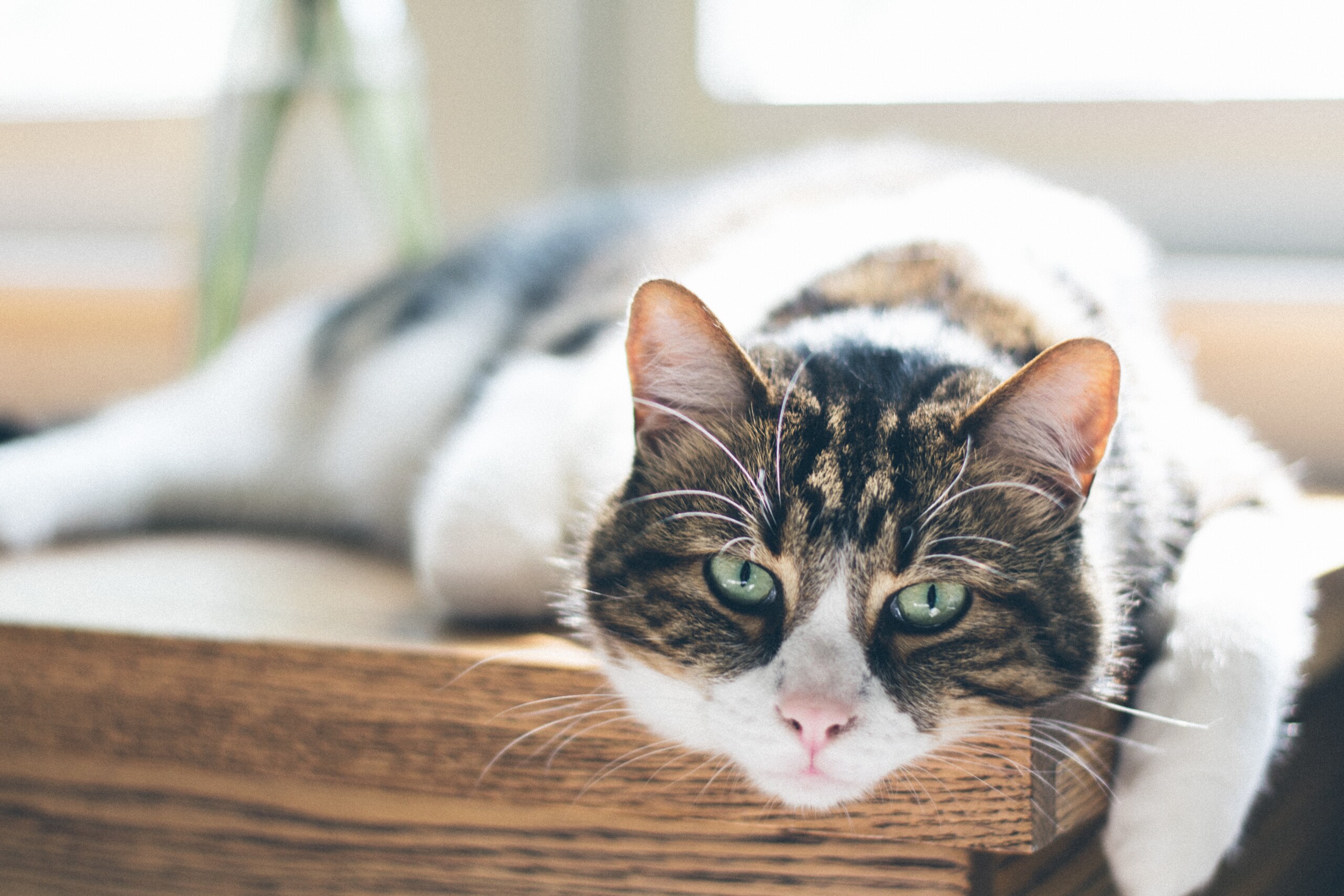Pets are a fantastic addition to any home, but they certainly bring with them a set of unique challenges that non-pet owners don’t need to worry about. Similar to a small child, your pet doesn’t fully understand everything around them, and keeping them safe from electrical hazards has to be proactive. Electrical cords can, in fact, even be tempting to cats and dogs who might have toys that look and act like wires. Looking for tips to improve the pet-friendliness of your home? Today, we will discuss how to keep your pets away from electrical cords and other electrical dangers in the house.
Possible Electrical Hazards For Pets
Electrical cords sprawled out on the floor definitely pose the biggest threat to pets, as they are the easiest to access. While an unprotected outlet might be dangerous for a young child, cats and dogs are not likely to be injured. Pets can also be injured or cause potential dangers to the household by knocking over things like lamps and candles. Still, cords of all kinds, including hanging wires like Christmas lights, are by far the most common way pets come into contact with electrical systems and get injured.
Pets will chew or bite cords simply because of the ease of access they often have with them, in addition to the multitude of potential other factors that cause cords to pique their interest. Young cats and dogs are inclined to chew as they age into adulthood, and cords are an opportunity for them to dig their teeth into something. For an animal not getting enough mental stimulation and playtime, a cord might simply be something they mess with to pass the time. Chewing of cords is often a sign that your pet is stressed, bored, or struggling with an undiagnosed issue. If your pet is chewing on cords extensively and the behavior is sudden and unexpected, there might be an underlying reason best discussed with your vet.
How To Prevent Cord Chewing
Stopping your pet from chewing on cords is essential for their safety and the safety of your house and appliances. Stopping this behavior most commonly takes the form of removing the opportunity for this bad behavior to happen or providing healthy alternative outlets for your pet.
As previously discussed, a bored cat or dog not getting enough attention or mental stimulation might chew on a cord absentmindedly. Providing new toys, especially toys that promote healthy chewing habits, is the best way to take their gaze away from the electrical cords in your house. Introduce them to the toys and provide encouragement and treats when they go for the safe option.
Covering your cords or making them unappealing is another way to stop this behavior and avoid electrical hazards. Cord covers that run along the corners of walls and flooring can be used to insulate your cords from the outside world while matching the baseboard style. This will physically prevent access to the cords but is only possible in locations where the cords are close to a wall outlet. For cords that run along the ground starting from the center of the room, you can dissuade your pet from approaching the cords by layering on a scent that is distasteful to your pet. This varies by species and individual, so experiment and see what works and which scents are not overpowering. For example, cats generally dislike the smell of citrus, and citrus-flavored cat repellant lightly applied to cords will stop most in their tracks when they get too close.
When a pet damages your electrical device, check its quality before continued use. Continuing to use a damaged cord might lead to fire or device failures.
Promise Electric provides residential and commercial electrical services to Sarasota residents and businesses. Call us today with any questions or concerns.



